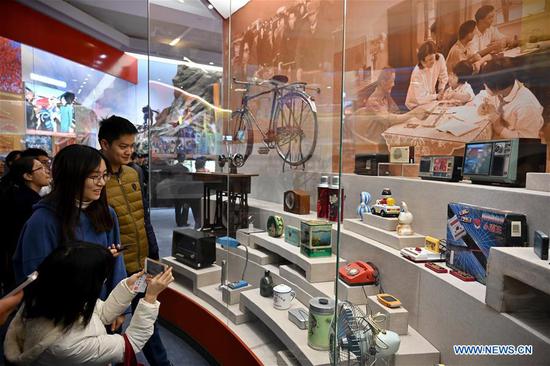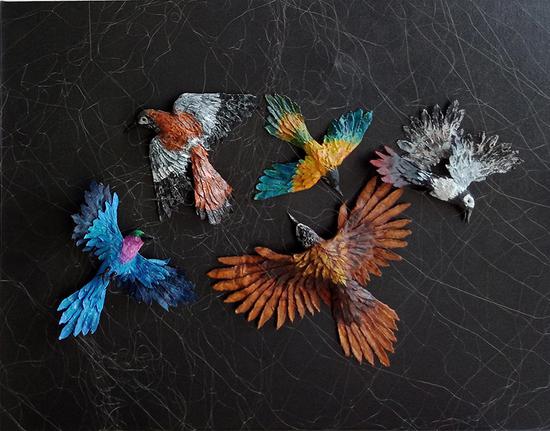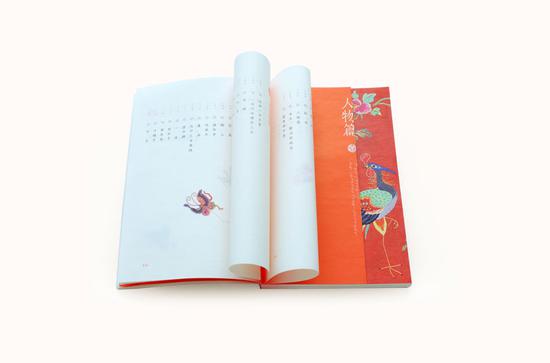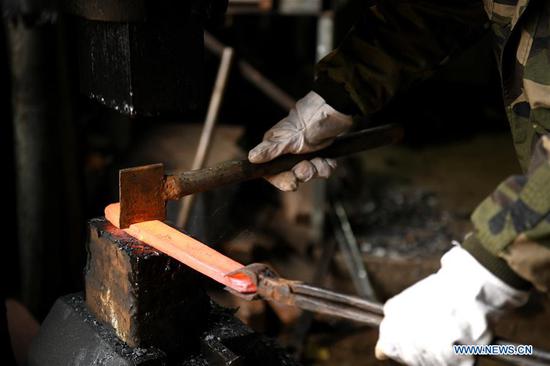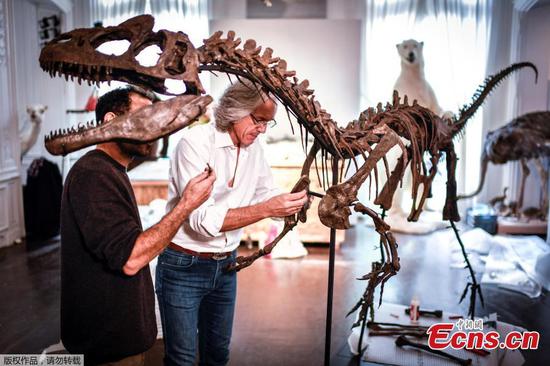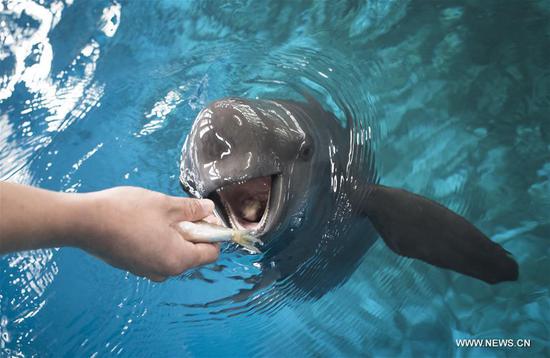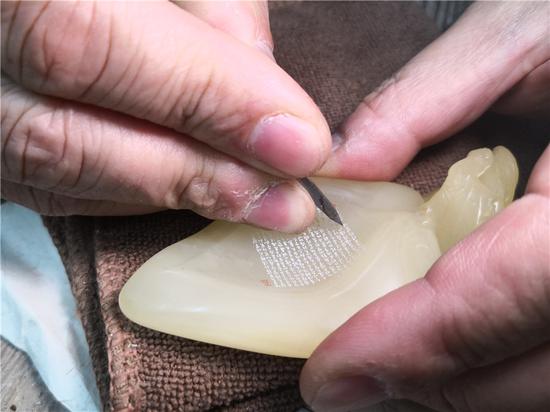Whether we are tea or coffee drinkers could come down to our genetic predisposition regarding bitter tastes, a new study by researchers from Australia's Queensland Institute for Medical Research and the University of Queensland suggests.
Released on Friday, the study analyzed reactions to three bitter substances -- caffeine, quinine and propylthiouracil (PROP) -- and how they affect people's preference for drinking tea, coffee and alcohol.
People who were more sensitive to the bitterness of caffeine drank more coffee and less tea, and those who were more sensitive to quinine and PROP, drank less coffee and more tea.
"If you're more sensitive to bitterness, you are more likely to be a tea drinker," Dr Liang-Dar Hwang from the University of Queensland said.
"But if you are less sensitive to bitterness, you're more likely to be a coffee drinker."
For alcohol, those who were more sensitive to PROP tended to drink less, while the other two variants had no effect.
Previous research has differed on what exactly determines our preference and factors such as gender, age and metabolization of caffeine have all been suggested.
This most recent study however, used the data of over 400,000 respondents from the UK Biobank, a long-term biobank study in Britain, and the authors said the results paint a clear picture that genetically determined differences in bitter taste perception, is directly linked to our choice of hot beverage.












